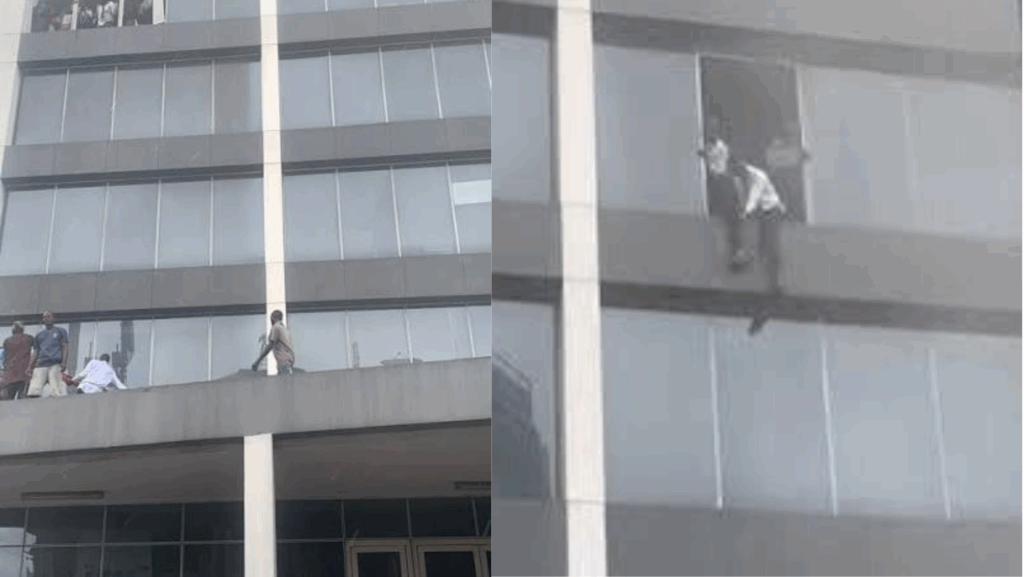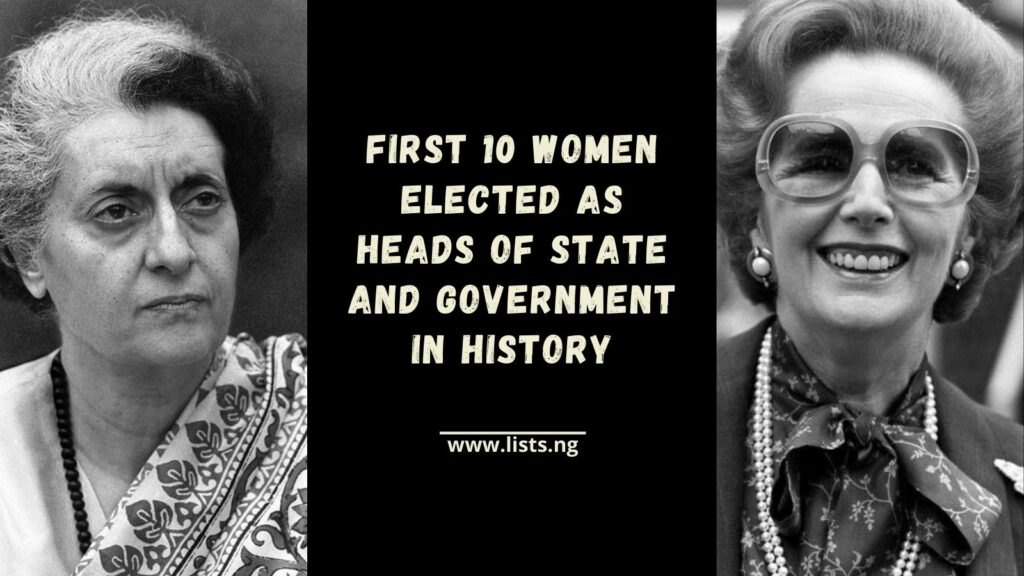The Afriland Towers fire of September 16, 2025, claimed 10 lives which included six staff of United Capital Plc and four staff of the Federal Inland Revenue Service (FIRS). During the fire outburst, other businesses were affected included Heirs, Avon and United Capital Plc, along with a branch of the United Bank for Africa (UBA) and the Federal Inland Revenue Service (FIRS).
The fire started in the inverter room, with smoke quickly spreading through the building.
Beyond the tragedy, it’s a wake-up call for every Nigerian, but more importantly for companies and policymakers who must stop treating safety as an afterthought.
The real lesson is that fire safety and building standards cannot remain reactive. They must be designed into business operations, enforced through policy and monitored continuously.
Here are 10 critical lessons:
1. Fire Safety is a Corporate Duty, not a Checkbox
Companies must treat fire alarms, extinguishers and sprinklers as essential operational infrastructure not mere compliance items. Some banks and multinationals already implement quarterly safety audits and this should be the standard across sectors.
2. Preventive Electrical Audits Save Lives
Reports suggest the fire began in the inverter room. Firms should follow models like MTN Nigeria, which conducts routine electrical stress tests across its facilities. Preventive maintenance must become a mandatory industry-wide practice, not left to chance.
3. Emergency Exits Are a Policy Issue
Too many Lagos high-rises lack clear evacuation routes. Beyond corporate responsibility, Lagos State’s Ministry of Physical Planning should demand proof of accessible exits before granting occupancy permits.
4. Regular Drills Should Be Enforced
It’s not enough to have equipment—staff must know how to use them. Some private firms like Chevron Nigeria conduct bi-annual evacuation drills. Policymakers can mandate this across financial institutions, malls and government offices.
5. Traffic Delays Prove Internal Systems Are Key
Emergency responders face congestion in Lagos. Companies in high-density areas should invest in in-house fire marshals, hydrants and first-response units rather than relying solely on external rescue.
6. Accountability Must Be Public and Corporate
Afriland Properties and regulators must publicly disclose their investigations. Similar to how the Nigerian Civil Aviation Authority publishes accident reports, real estate regulators should release safety audit findings after such incidents.
7. Insurance is Risk Management, not Luxury
Disasters expose how underinsured Nigerian businesses are. Companies should follow models like GTCO, which integrates comprehensive insurance into its risk management framework. The government can incentivise compliance with tax rebates.
8. High-Rise Buildings Need Higher Compliance Standards
The taller the building, the greater the risk. Multinationals often publish their fire safety certifications yearly; Lagos real estate firms should adopt the same practice and make compliance reports accessible to tenants and regulators.
9. Government Must Move from Advisory to Enforcement
Policies exist, but enforcement is weak. Lagos State must empower safety inspectors to seal non-compliant properties not just issue warnings. Post-Grenfell (UK, 2017), fire codes were revised with strict penalties and Lagos can adopt similar reforms.
10. Safety is Everyone’s Responsibility but Led by Institutions
Tenants and staff must report hazards but the burden cannot rest on individuals alone. Corporates and regulators must create channels including hotlines, anonymous reporting systems where safety violations can be raised and acted on.
The Afriland Towers fire is more than a tragedy; it is a test of whether Lagos companies and policymakers will learn and legislate or wait for the next disaster. Lagos doesn’t need emergency sympathy measures and it needs systemic safety culture driven by corporate accountability and public policy.
Follow Lists NG on Facebook, Instagram, X, and TikTok for more updates.



